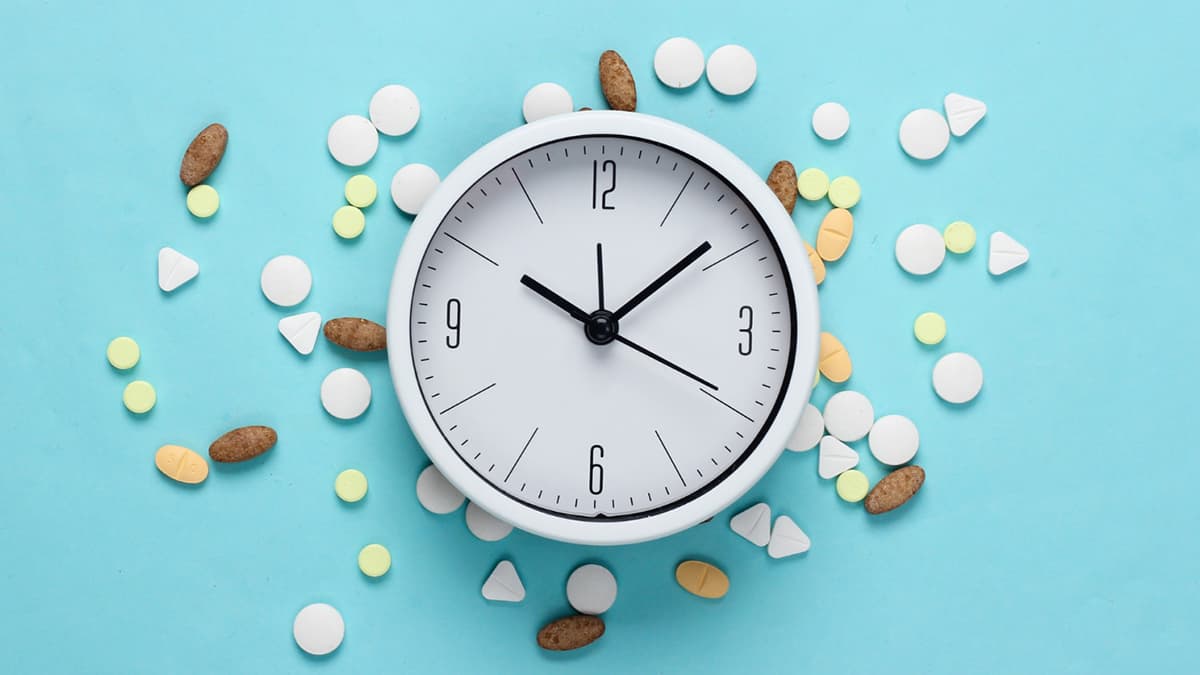The opioid epidemic emerges as a growing challenge, casting profound shadows across the mental landscapes of individuals affected.
This narrative explores an insight into the deep psychological consequences of opioid dependency, weaving through the complex relationship between substance abuse and mental health. It’s a quest for awareness, understanding, and, ultimately, a pathway to healing.
The Hidden Connection: Opioids and Mental Health
Opioids, often perceived as a remedy for physical discomfort, conceal a darker truth beneath their surface. The solace they provide is fleeting, unveiling a terrain scarred by psychological strife. The journey into dependence is a quiet one, laden with promises of relief that gradually ensnare individuals in a web of depression, anxiety, and mood imbalances.
This narrative of addiction is intricate, a saga of struggle transcending the physical to touch the very essence of psychological distress. Opioids, in their quest to numb pain, simultaneously diminish mental resilience, leaving a void where happiness and hope once flourished.
A Vicious Cycle: The Entwined Path of Addiction and Mental Health
The saga of opioid addiction and mental health is one of entanglement, where each aspect intensifies the other, creating a cycle of increased dependency and psychological pain. For some, opioids serve as a flawed mechanism for coping, an attempt to smooth over the rough edges of existing mental health challenges. Yet, this route leads not to refuge but further into the chasm of addiction and psychological torment.
This intricate connection fosters a cycle of adverse effects:
- Depression: The chronic use of opioids often precipitates depressive symptoms, enveloping individuals in sadness and despair.
- Anxiety: Initial relief morphs into increased anxiety and agitation over time.
- Cognitive Impairment: Prolonged opioid use disrupts cognitive functions, affecting memory, decision-making, and concentration.
- Social Withdrawal: The isolating nature of addiction exacerbates loneliness as individuals retreat from social bonds.
- Dual Diagnosis Challenges: Opioid addiction complicates pre-existing mental health conditions, necessitating integrated treatment approaches.
The Journey Towards Healing
This path is transformative, turning the scars of addiction and mental health struggles into emblems of resilience. It demands comprehensive strategies that encompass therapy, lifestyle modifications dependent on medical advice, and an unbreakable belief in the potential for restoration and hope.
Recovery from opioid addiction, even if it’s a complex process that combines the healing of both body and mind, surely created a path marked with significant challenges for new advanced treatments to arise that address opioid withdrawal symptoms, whether psychological or physical.
These innovative approaches provide relief from the daunting symptoms that often hinder recovery, such as dependence, enabling individuals to focus on the psychological aspects of healing. Accelerated Neuro-Regulation (ANR) treatment even reduced the endurance of hardship by eliminating withdrawal symptoms over a remarkably short period of time of 4 days.
Navigating PTSD in Post-Recovery
The journey away from opioid dependency often unveils a hidden battleground: Post-Traumatic Stress Disorder (PTSD). Emerging from the shadows of addiction’s intense experiences and the wearying path of withdrawal, PTSD manifests through haunting recollections, acute anxiety, and continuous fear. These symptoms linger as main reminders of past adversities, adding layers of complexity to the already relentless path toward a sober life.
The integration of comprehensive therapeutic interventions is crucial in addressing PTSD within the realm of recovery. Through therapy, supportive counseling, and community support networks, individuals are equipped to confront this battle and process their traumatic experiences surrounded by fellow endurers and their experiences.
This therapeutic approach aids in fostering resilience, crafting effective coping mechanisms, and laying down the keystones of trust and security. It underscores the psychological scars to pave the way for a truly enduring recovery.
Embracing Hope: A Conclusion
The influence of opioid addiction on mental health issues is introduced with challenges but not devoid of hope. This exploration, rooted in resilience and the quest for healing, extends a message of unity and optimism. It invites us to confront the complexities of opioid addiction and its psychological impacts actively, embarking on a collective journey toward understanding, support, and healing.
As we ponder the adversities and victories of those contending with the dual challenges of addiction and mental health, let us proceed with empathy, extending our support to those in search of a return to their essence. Together, we can navigate through the darkness, emerging into the light of awareness, communal support, and collective healing.








Leave a Reply
You must be logged in to post a comment.